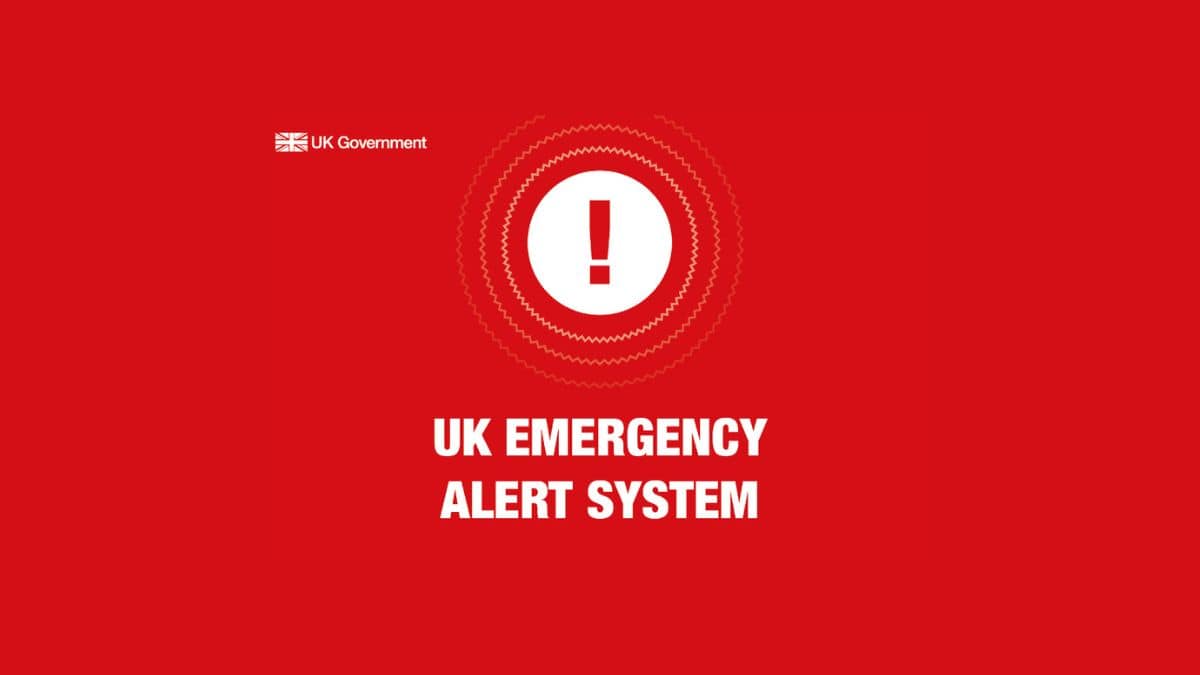
Entrepreneurship is often seen as a solo adventure where individuals with a unique vision and determination venture into uncharted territories. However, we can’t ignore the influence of peers in any aspect of life, including the entrepreneurial world.
Peer pressure, often associated with negative connotations in social contexts, raises questions about its existence in entrepreneurship. So, let’s explore whether peer pressure exists in entrepreneurship, its potential impacts, and how entrepreneurs can navigate its effects to create positive outcomes.

The Nature and Impact of Peer Pressure in Entrepreneurship
Peer pressure refers to the influence exerted by one’s peers to conform to certain behaviors, attitudes, or expectations. It’s not limited to adolescence and social settings; it also manifests within the entrepreneurial community. After all, entrepreneurs aren’t immune to external influences, and the dynamics of peer pressure can shape their choices and actions.
The impacts of peer pressure in entrepreneurship can be both positive and negative. On one hand, it can drive entrepreneurs to achieve higher standards, learn from their peers’ successes, and create an environment of healthy competition. On the other hand, negative peer pressure can lead to conformity, stifling creativity, and discouraging risk-taking and experimentation.
Types of Peer Pressure in Entrepreneurship
In the realm of entrepreneurship, peer pressure can take various forms, influencing the decision-making processes and actions of entrepreneurs. Let’s explore some of these types:
1. Normative Peer Pressure
Normative peer pressure pushes entrepreneurs to conform to prevailing industry norms and expectations. It might include adopting certain business models, pursuing specific growth strategies, or even emulating the success stories of prominent entrepreneurs. Normative peer pressure can either foster best practices or stifle innovation and creativity.
2. Competitive Peer Pressure
The competitive nature of entrepreneurship often leads to peer pressure where entrepreneurs strive to outperform their peers. This can be positive, encouraging individuals to push their limits and achieve greater success. However, it can also result in unethical behavior, unhealthy rivalries, and a narrow focus on short-term gains rather than long-term sustainability.
3. Conformity to Investment Trends
Entrepreneurs seeking funding from venture capitalists and angel investors may face peer pressure to align their ideas with the latest investment trends. This pressure to conform to specific sectors or technologies can steer entrepreneurs away from their original vision or impede the pursuit of innovative ideas that may not fit the current market trends.
![]()
Navigating Peer Pressure in Entrepreneurship
Entrepreneurship is a dynamic and challenging path that involves interacting with a wide range of individuals and organizations. Peer pressure can influence entrepreneurs’ decision-making processes and shape their entrepreneurial journey. However, entrepreneurs possess the power to navigate and harness the effects of peer pressure to foster growth, innovation, and authenticity.
Here are some strategies to consider:
1. Self-awareness
Entrepreneurs should be aware of their susceptibility to peer pressure and understand their values, goals, and unique vision. It’s important to evaluate the influence of peer pressure objectively and make informed decisions that align with long-term objectives.
2. Constructive peer networks
Building a supportive network of like-minded entrepreneurs can mitigate negative peer pressure. Surrounding oneself with individuals who inspire, challenge, and encourage independent thinking creates an environment conducive to personal and professional growth.
3. Embracing diversity
Recognizing the value of diverse perspectives, entrepreneurs should actively seek out opinions and feedback from individuals with different backgrounds, industries, and experiences. This helps avoid homogeneous thinking driven by peer pressure.
4. Staying true to one’s vision
Remaining committed to the original vision and core values is crucial for entrepreneurs. While learning from successful peers is valuable, blindly conforming to others’ expectations can dilute uniqueness and hinder the development of a distinct entrepreneurial identity.
5. Seek mentorship
Finding experienced mentors who have successfully navigated the entrepreneurial journey can provide invaluable guidance and support. Mentors can offer objective insights, share their own experiences with peer pressure, and provide advice on how to stay true to one’s vision while benefiting from the wisdom of others.
6. Develop a strong sense of self-belief
Building confidence in one’s abilities and trusting in their own judgment is essential for combating peer pressure. Entrepreneurs should cultivate a strong sense of self-belief, understanding that their unique perspective and ideas have value, even in the face of contrary opinions.
7. Embrace failure and learn from it
Fear of failure can intensify the influence of peer pressure, pushing entrepreneurs to conform rather than take risks. Embracing failure as an inevitable part of the entrepreneurial journey allows entrepreneurs to learn, adapt, and grow. By viewing failure as a valuable learning experience, entrepreneurs can resist the pressure to conform and maintain their focus on long-term goals.
8. Continuously educate oneself
Staying informed about industry trends, emerging technologies, and market dynamics is crucial. However, entrepreneurs should also seek diverse sources of knowledge beyond their immediate peer group. By expanding their intellectual horizons, entrepreneurs can develop a broader perspective, challenge conventional wisdom, and make informed decisions based on a well-rounded understanding of the business landscape.
9. Cultivate a strong support system
Building a support system of trusted friends, family members, and mentors outside of the entrepreneurial realm can provide a grounding influence. These individuals can offer unbiased perspectives, provide emotional support, and remind entrepreneurs of their values and aspirations, helping to counterbalance the pressure to conform.
10. Practice self-reflection and mindfulness
Taking time for introspection and practicing mindfulness techniques can help entrepreneurs develop self-awareness and clarity of purpose. By regularly reflecting on their values, goals, and aspirations, entrepreneurs can maintain a strong sense of identity, making it easier to resist peer pressure that may push them off course.

Conclusion
Peer pressure exists in the entrepreneurial world, with both positive and negative implications. Recognizing its presence and understanding its impact is essential for entrepreneurs to navigate the entrepreneurial journey successfully.
By employing strategies like self-awareness, building constructive networks, embracing diversity, and staying true to their vision, entrepreneurs can harness the positive aspects of peer pressure and emerge stronger, more resilient, and authentic in their entrepreneurial pursuits.







